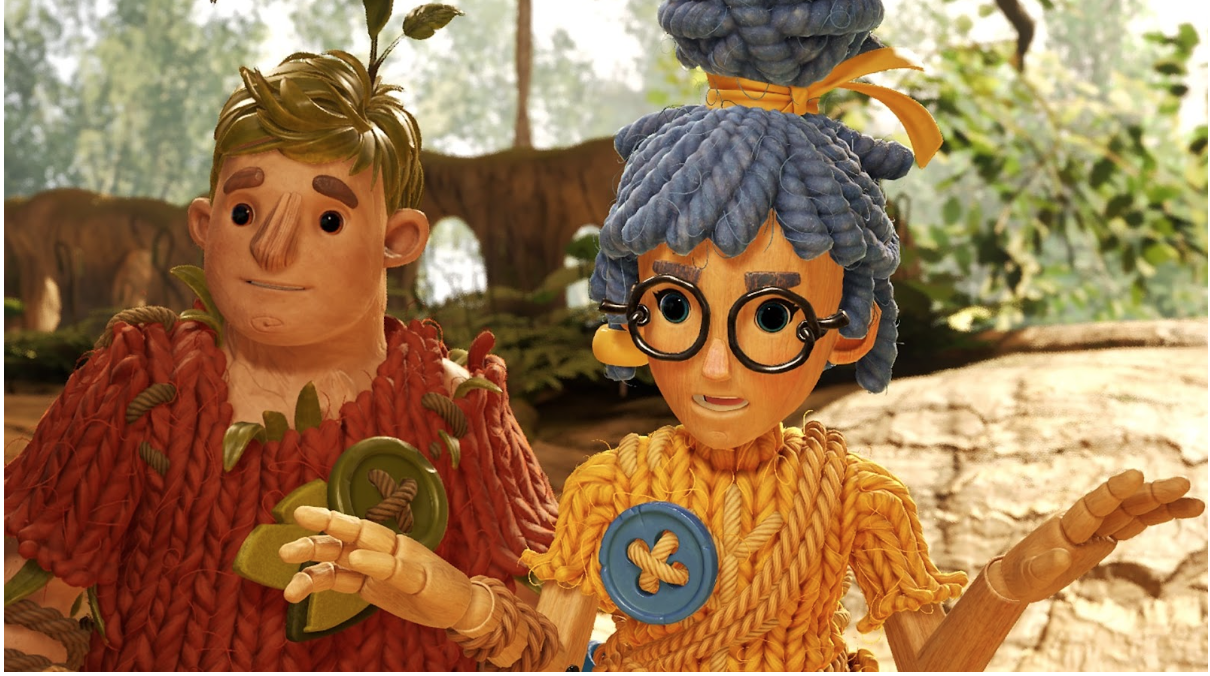The Impact of Cooperative Games on Teamwork Skills
Cooperative games have become an essential tool for fostering teamwork, communication, and strategic thinking. Whether in esports, corporate training, or casual gaming, these games encourage players to collaborate, solve problems together, and develop trust. In the modern digital era, teamwork skills are increasingly important, and cooperative gaming provides a dynamic and engaging way to enhance them.
How Cooperative Games Improve Team Communication
One of the primary benefits of cooperative games is their ability to enhance communication. Players must effectively convey their strategies, share information, and coordinate actions to succeed. This fosters active listening, concise messaging, and the ability to adapt to different communication styles.
For example, in competitive esports titles, such as Valorant, teamwork is crucial for success. Players must work together to execute strategies, share enemy positions, and coordinate attacks. Staying updated with valorant news provides insights into team dynamics, new strategies, and updates that can impact cooperative gameplay. This constant evolution of tactics and player roles ensures that teams must adapt their communication strategies, whether it’s adjusting to changes in the game’s meta or responding to an opponent’s moves in real-time. Furthermore, cooperative games help to develop leadership skills, as players often take turns guiding the team through high-pressure situations, fostering a sense of responsibility and accountability among teammates.
Problem-Solving and Strategic Thinking in Cooperative Games
Cooperative games challenge players to think critically and develop solutions as a team. Many multiplayer games, including strategy and puzzle-based games, require teams to analyze situations, plan moves, and adjust tactics in real time.

For instance, games like “It Takes Two” and “Portal 2” demand synchronized actions and logical reasoning, reinforcing players’ ability to problem-solve collaboratively. Such experiences translate into real-life scenarios, where teamwork and adaptability are essential for professional and personal growth. These games also encourage players to trust each other’s judgment and share responsibility for the outcome, fostering mutual respect and collaboration. As players work together to overcome complex obstacles, they develop skills in negotiation, compromise, and creative thinking—skills that are highly valuable in any team-oriented environment, whether in the workplace or everyday life. Ultimately, cooperative gaming not only enhances problem-solving abilities but also strengthens the bonds between team members, improving their ability to work cohesively toward a common goal.
Trust and Relationship Building Through Gaming
Trust is a fundamental aspect of teamwork, and cooperative gaming cultivates it naturally. Players rely on their teammates to fulfill roles, support objectives, and make decisions that benefit the group. This reliance fosters a sense of responsibility and accountability within the team.
In esports tournaments, professional teams spend countless hours practicing together to build trust and synergy. This level of coordination extends beyond gaming, influencing team-based work environments in various industries. The ability to trust one another in high-pressure situations is crucial, as esports athletes must make split-second decisions that can determine the outcome of a match. This skill is transferable to business and other collaborative environments, where teams must work together under tight deadlines or in dynamic situations.
Furthermore, fostering trust in cooperative gaming helps individuals develop emotional intelligence, as they learn how to navigate conflicts, provide constructive feedback, and offer support when needed. Through these experiences, players also learn the importance of patience, resilience, and compromise, which are vital in any team dynamic. As a result, the benefits of building trust in gaming extend far beyond the virtual world, enhancing interpersonal skills and contributing to more effective teamwork in professional settings. By cultivating these traits in gaming, individuals are better equipped to handle real-world challenges, whether it’s managing a project, leading a team, or working on collaborative goals. This deepens connections among teammates and strengthens the foundation of successful, long-lasting teamwork.
The Role of Cooperative Games in Professional Development
Beyond entertainment, cooperative gaming is increasingly recognized for its role in professional development. Many organizations incorporate team-based gaming activities into their training programs to enhance collaboration and leadership skills.

Simulations and cooperative challenges, such as virtual escape rooms, provide employees with opportunities to practice decision-making under pressure. These exercises mirror workplace scenarios, helping individuals refine their ability to work efficiently with others. By engaging in these team-based activities, employees learn to identify their strengths and weaknesses, communicate effectively, and develop creative solutions to problems. Furthermore, cooperative gaming often requires players to delegate tasks, manage time, and adapt to changing circumstances—skills that are directly applicable to project management and leadership roles.
As a result, incorporating gaming into professional development not only strengthens teamwork and problem-solving abilities but also boosts morale and encourages a sense of camaraderie among colleagues. This innovative approach to training can help build stronger, more cohesive teams capable of navigating complex challenges in any professional environment. Additionally, the fun and interactive nature of cooperative gaming allows employees to step out of traditional training environments, making learning more engaging and less stressful. The lessons learned through these activities can also lead to improved team dynamics, fostering an atmosphere of mutual respect and trust that translates into more productive and successful workplace collaborations.
Conclusion
Cooperative games play a significant role in developing teamwork skills, from enhancing communication and problem-solving to building trust and professional competencies. Whether in esports, casual gaming, or workplace training, these games offer valuable experiences that translate into real-world applications. As players work together toward a common goal, they learn to navigate challenges, adapt to changing circumstances, and leverage each other’s strengths. These experiences help individuals become more effective collaborators, leaders, and decision-makers.
In addition to these foundational skills, cooperative gaming fosters creativity, as teams often need to come up with innovative solutions to complex problems. By collaborating in virtual environments, players also develop resilience, as setbacks are an inevitable part of gameplay and can teach perseverance. In professional settings, these qualities contribute to a positive work culture, where teams can approach challenges with a growth mindset and adaptability.
